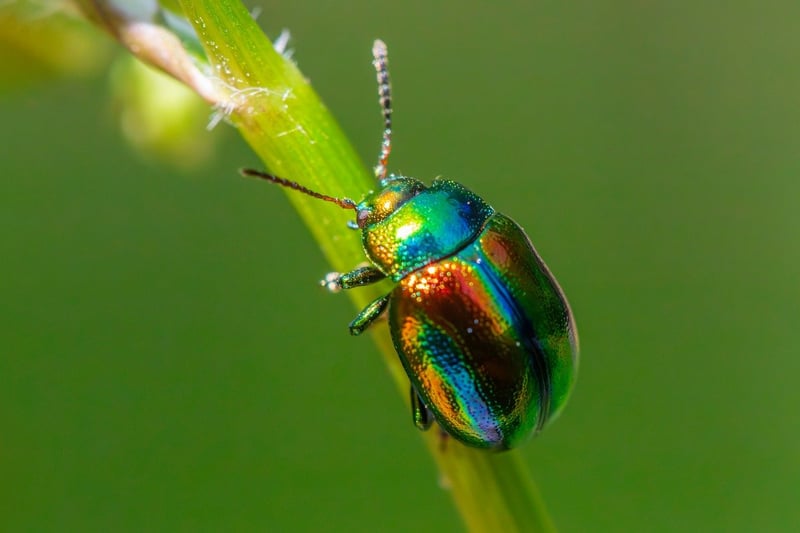Pest control methods
Keeping Your Vertical Garden Thriving
Vertical gardens are a fantastic way to bring greenery into small spaces and add a touch of nature to your surroundings. However, like any garden, they require care and attention to thrive. Here are some tips to keep your vertical garden healthy and vibrant:
1. Choose the Right Plants
Not all plants are suitable for vertical gardens. Select plants that thrive in a vertical environment, such as ferns, succulents, and herbs. Make sure to consider the amount of sunlight your vertical garden receives and choose plants accordingly.
2. Provide Adequate Watering
Vertical gardens can dry out quickly, especially during hot weather. Make sure to water your plants regularly, ensuring that the entire surface is adequately moist. Consider installing a drip irrigation system for efficient watering.
3. Monitor for Pests
Pests can be a common issue in vertical gardens. Regularly inspect your plants for signs of pests such as aphids, spider mites, or whiteflies. If you notice any pests, take action immediately to prevent them from spreading.
4. Prune Regularly
Trimming and pruning your plants are essential to encourage healthy growth and prevent overcrowding. Remove dead or yellowing leaves, as well as any overgrown branches to promote air circulation and prevent disease.
5. Fertilize as Needed
Depending on the plants you have chosen, they may require additional nutrients to thrive. Consider fertilizing your vertical garden periodically to ensure your plants have the necessary nutrients for healthy growth.
Pest Control Methods for Your Vertical Garden
1. Neem Oil
Neem oil is a natural insecticide that can help control common garden pests. Dilute neem oil in water and spray it on your plants to deter pests such as aphids, mealybugs, and spider mites.
2. Insecticidal Soap
Insecticidal soap is effective against soft-bodied insects like aphids and spider mites. Spray the soap solution on your plants, ensuring thorough coverage of both the tops and undersides of leaves.
3. Beneficial Insects
Introducing beneficial insects such as ladybugs or lacewings can help control pest populations in your vertical garden. These insects feed on common garden pests and can provide natural pest control.
4. Diatomaceous Earth
Diatomaceous earth is a natural pest control method that can be sprinkled on the soil or plants in your vertical garden. It works by dehydrating insects on contact, making it an effective and non-toxic pest control option.
By following these tips for maintaining your vertical garden and implementing effective pest control methods, you can ensure that your garden remains healthy and beautiful for years to come.


